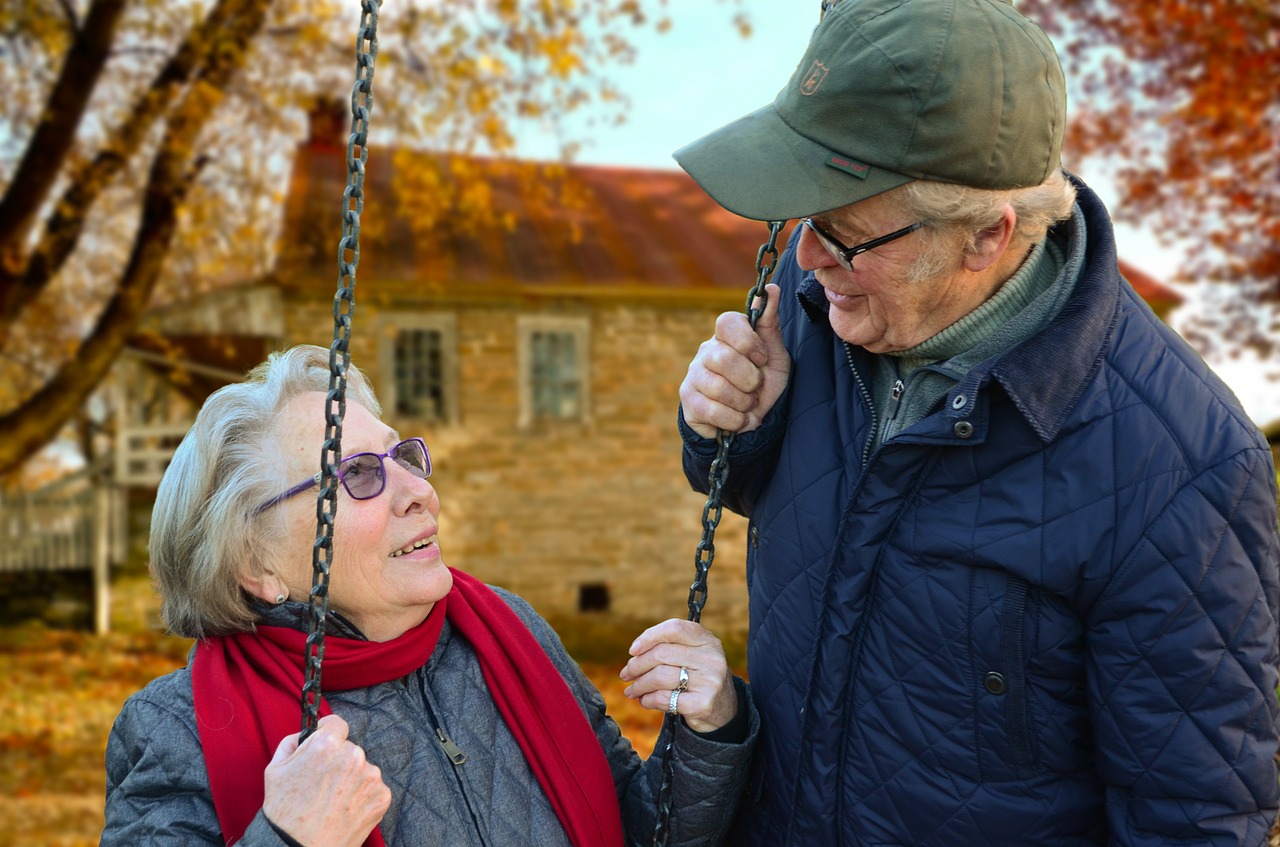

It’s 25 years since our first evaluation of legacy giving, after we had been commissioned by a gaggle of 13 main charities to supply 20-year forecasts of UK legacy incomes. After 25 years of presenting market evaluations, sitting in on tons of of forecasting shows, writing hundreds of phrases on legacy developments, it’s straightforward to assume it’s all been stated. Jaded? By no means. Complacent? Nicely, possibly.
That’s why I like working with our Dutch and now, our Australian shoppers – they all the time educate you one thing new.
Final 12 months, a gaggle of eight Australian fundraisers got here to the IoF Legacy convention on a research tour. On the post-conference dinner, they had been joined by a contingent of Dutch fundraisers on their annual pilgrimage to the London occasion. Every of our ebullient Dutch shoppers determined to ‘undertake an Aussie’ for the night – as you may think about the conversations had been full of life (and the consuming spectacular!).
Following that memorable night, we had been invited to this 12 months’s Embrace A Charity Week occasions throughout Australia, visiting 5 cities in 5 days, from Brisbane to Perth. We offered the outcomes of a brand new venture to forecast the Australian legacy sector over the following 20 years; bringing us full circle with our very first venture 25 years in the past.
On first impression, simply how completely different might the Australian legacy sector be to ours within the UK? They communicate the identical language (form of!), have broadly the identical authorized system, and a predominantly ‘Anglo’ tradition. Sure, the inhabitants is smaller (25 million in comparison with 67 million right here) and much more broadly unfold.
However lots of the key demographic developments are comparable, with an ageing inhabitants, a big boomer cohort and quickly rising dying charges. And ranges of affluence are additionally shut, albeit the Australian financial system has outperformed a lot of the developed world – together with the UK – in recent times.
However on nearer inspection, we uncovered some inherent variations, which proved important to our evaluation. So, what did we be taught?
Geography issues. In a small, crowded island like Britain, regional variations get ironed out. Sure, there are gaps in giving behaviour between north and south, and between England, Wales, Scotland and Northern Eire too. Likewise, within the Netherlands there are divisions between the agricultural east and metropolitan west. However in Australia, every state and territory had its personal set of charities, its personal social points and its personal refined authorized variations too. To not point out the time zones! For a inhabitants of simply 16 million individuals, that makes for a surprisingly fragmented sector.
Historical past issues too. Within the UK lots of the largest legacy charities had been based again in Victorian instances, however in Australia – in line with the younger historical past of the nation – a lot of the big-name manufacturers are far newer. Likewise, within the Netherlands, many charities had been based after the second world warfare – earlier than then, church buildings and rich donors supplied the social assist.
In reality, faith stays an necessary driver of legacy giving, extra so outdoors the UK. 15% of British bequests go to church buildings and non secular organisations (Smee & Ford 2015). This compares to 27% of all Australian presents in wills (Swinburne Enterprise Faculty 2012). Likewise, a major quantity of Dutch bequests is thought to go to church buildings and non secular organisations, though the precise numbers will not be recorded.
In comparison with Britain, in each the Netherlands and Australia worldwide charities have a better share of legacy giving – though they’ve come to prominence comparatively lately, their excessive model profile and media spend means they’re catching up quick.
The variety of the Australian inhabitants was an actual eye-opener, inflicting us to re-examine our home supporter base. Whereas 77% of Aussie boomers had been born in Australia, the UK or New Zealand, 8% are from continental Europe and the remaining 16% come from some 200 different nations around the globe. The multicultural profile of future donors has necessary implications for legacy advertising. Understanding and respecting the traditions, rituals and motivations of non-Christian, non-Anglo teams might be important for sustaining future assist.
Lastly, legacy fundraising capability is low, consistent with present incomes. Throughout all three nations, presents in wills account for a major share of voluntary revenue (starting from 20% in Australia to twenty-eight% within the UK). However because of the dimension of our inhabitants and the maturity of our charity sector, absolutely the scale of revenue is much greater within the UK. For instance, the biggest most cancers charity is the market chief in every nation. Most cancers Analysis UK receives over £180m p.a. from presents in wills. In the meantime, taken collectively, the most cancers councils throughout Australia obtain £32m (Aus $60m), whereas Dutch model KWF Kankerbestrijding receives round £38m (Euros 44m). Which means that in each Australia and the Netherlands, groups are small, with most legacy fundraisers juggling presents in wills alongside different obligations. The necessity for extra useful resource – particularly extra headcount – is an ongoing battle. With out that funding in our bodies, brains and clout, it’s onerous to make inroads.
We imagine that the following many years will carry enormous – and as but largely untapped – potential for progress within the legacies and in-memory sectors. In response to our newest forecasts, the worth of legacy and in-memory donations within the UK will double in actual phrases over the following 25 years, reaching £10 billion by 2045.
Certainly, the outlook for legacy giving in all three nations could be very constructive, due to rising dying charges, rich boomers, elevated openness to creating a present and rising client consciousness. However the audiences focused and messages communicated will proceed to differ based on native tradition, geography and the combination of causes supported. Lengthy might these variations proceed!

